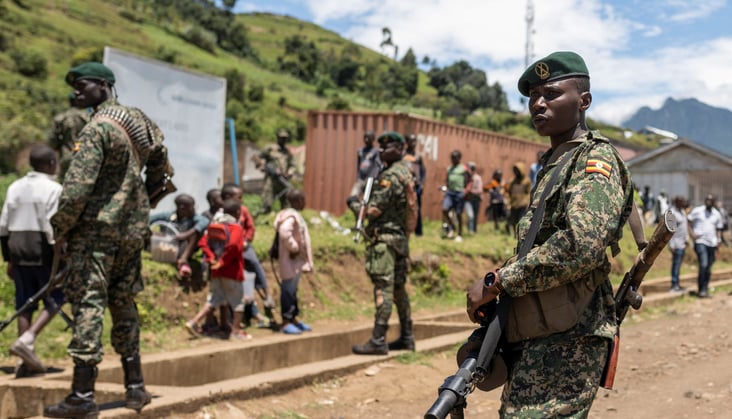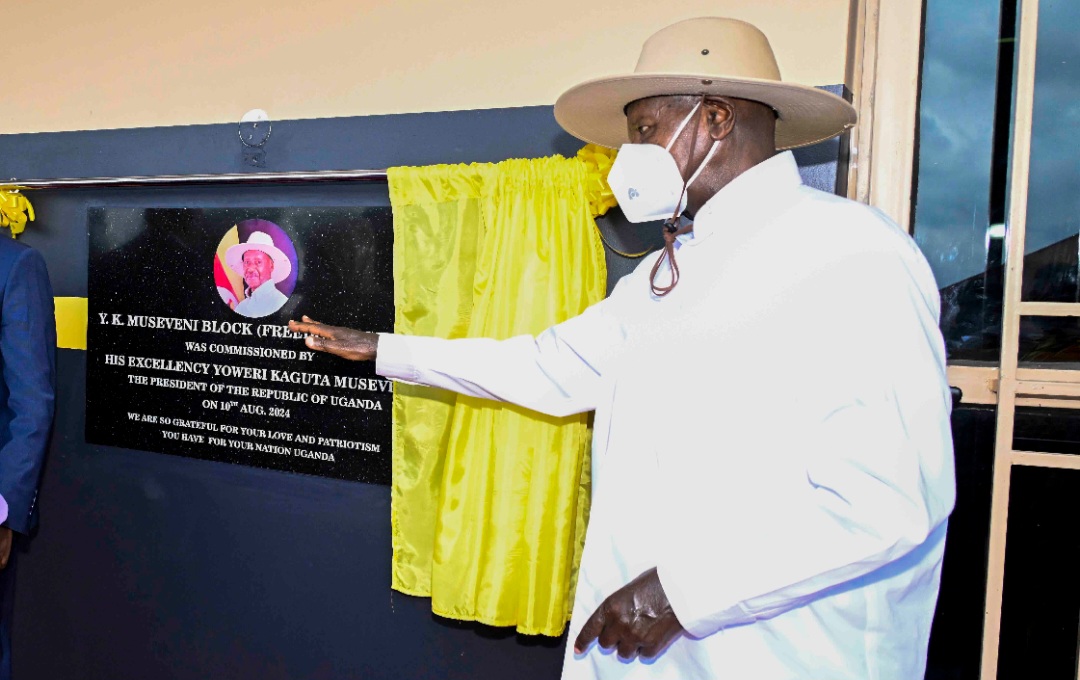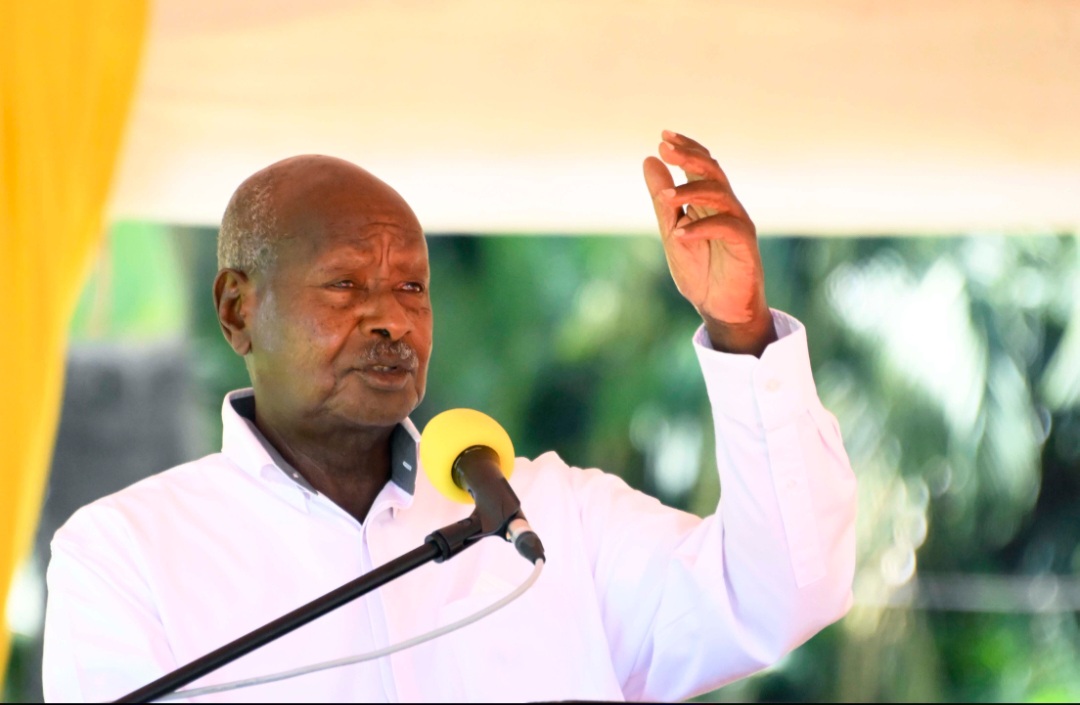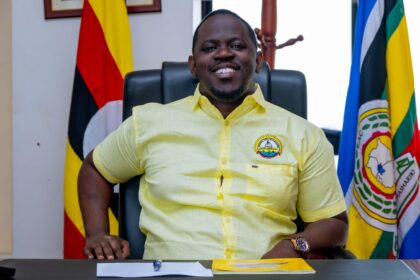The United Nations High Commissioner for Refugees (UNHCR) has issued an urgent call for the international community to act swiftly and generously to address the growing humanitarian crisis in Uganda.
This appeal comes in the wake of renewed violent clashes between the Democratic Republic of Congo (DRC) army and the M23 rebels in eastern Congo, which have forced thousands of people to flee across the border into Uganda.
Since the M23 rebels captured a strategic border town in eastern DRC over the last week, more than 2,000 refugees have crossed into Uganda, adding to the already overwhelming number of displaced people seeking safety within the country’s borders. The situation is expected to worsen, with no immediate resolution in sight for the conflict in the DRC.
“The number of people fleeing from DRC into Uganda is not expected to subside very soon because there seems to be no end in sight of the conflict,” said Carol Sparks, the UNHCR head of external engagements, highlighting the grave nature of the situation.
Sparks emphasized that the increasing influx of refugees directly correlates with rising humanitarian needs, placing further strain on Uganda’s already stretched resources.
The UNHCR has projected that more than 50,000 refugees could cross into Uganda by the end of 2024, creating a financial requirement of over $30 million to address the urgent needs of the displaced populations. The refugee agency’s call to action underscores the dire situation facing Uganda, a country that has long been a refuge for those fleeing conflict in neighboring nations.
Uganda, currently hosting over 1.6 million refugees and asylum seekers, is the third-largest refugee-hosting country in the world and the largest in Sub-Saharan Africa. The majority of these refugees come from South Sudan, the DRC, and Burundi, with the latest influx further compounding the already severe challenges the country faces in providing adequate support.
The Ugandan government has been vocal in its concerns over the growing number of refugees and the dwindling financial support from donor countries. Despite Uganda’s longstanding commitment to providing sanctuary, the strain on its resources is becoming increasingly untenable.
“There is a challenge of resources. However, what we can assure refugees is that no one will be hungry,” said Charles Bafaki, Uganda’s assistant commissioner for refugees in the Office of the Prime Minister. Bafaki’s comments reflect the government’s determination to continue supporting refugees despite the significant financial and logistical challenges.
The Ugandan government is currently grappling with the enormous task of raising more than $1 billion to sustain its refugee response efforts. The mounting pressure highlights the urgent need for international support to ensure that Uganda can continue to meet the basic needs of the refugees it hosts.
Moses Odokonyero, a representative of the humanitarian aid organization International Rescue Committee, emphasized the potential for refugees to contribute economically to their host country.
“Refugees have economic potential that can be harnessed to promote their self-reliance by addressing policy, legal, and practice barriers that hinder their right to work,” Odokonyero said. His comments suggest that with the right support and policies, refugees could play a more active role in contributing to Uganda’s economy.
As the situation in eastern Congo continues to deteriorate, the UNHCR’s appeal serves as a stark reminder of the urgent need for international solidarity and support.
Without a swift and generous response from the global community, Uganda’s capacity to manage the escalating refugee crisis could be severely compromised, with potentially devastating consequences for both the refugees and their host communities.
Do you have a story in your community or an opinion to share with us: Email us at Submit an Article









